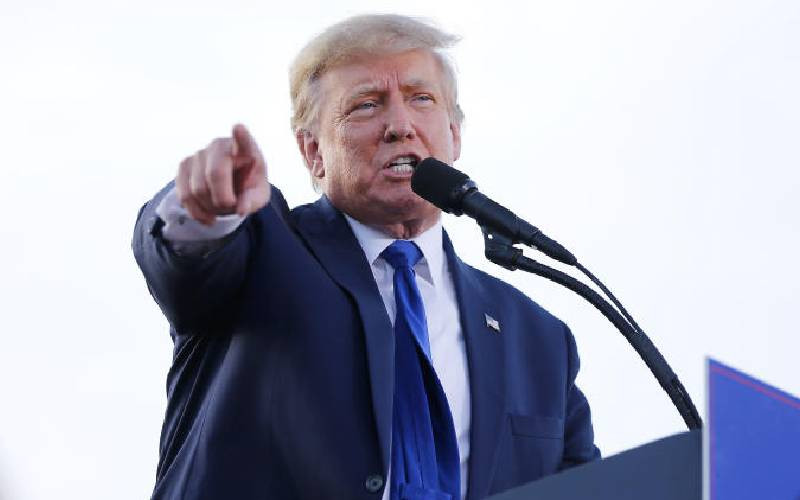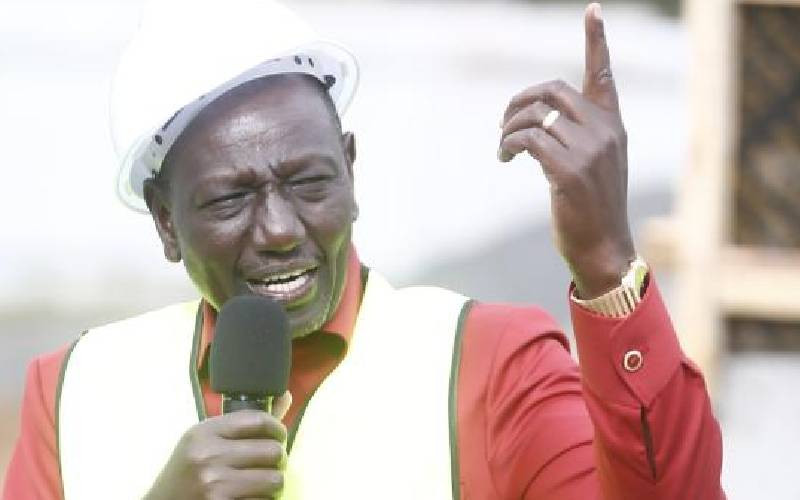
In my latter-day attempts at scholarship, one of areas that has intrigued me is the phenomena of informality in the governance process.
For those not familiar with the concept, informality in reference to government refers to those unwritten practices, structures and frameworks not provided for in the constitutive documents of governmental institutions but through which critical and many times binding decisions, are developed and operationalised. The best example of informal governance is the now established Kenyan institution called the “handshake”. In its most recent and significant manifestation, the incapacity of the Constitution and the law to resolve the issues surrounding the 2017 elections led to the informal Uhuru-Raila handshake.
This singular event, unrecognised by law, calmed a volatile country and fundamentally redefined Kenya’s legislative and executive framework, inter alia converting Raila Odinga into an informal co-President without a single change in the law.
Needless to say, effects of the handshake included the UDA tsunami in the 2022 elections. Interestingly, while writings on the incidence of informality in the West have treated it largely positively, writings on informality in Africa, have defined it negatively, seeing as the cause of governance ailments. Informality in Africa is associated with corruption, where deals negotiated in the shadows lead to the capture of public procurement by politically connected elites and consequent loss of public funds. It is also associated with clientelism where the benefits of the state are parceled out to politically connected “clients” who also operate in the shadows.
This week, I had an interesting conversation on reasons why informality is so closely connected to these negative aspects unlike in the West where informality is generally seen as a necessity and a force of good. In my reflections, I am increasingly convinced that among the undiscussed reasons for this reality is that in the West, what we refer to as corruption and clientelism has been formalised and brought into the purview of law.
Three examples illustrate this reality. In many jurisdictions in Europe and America, the concept of lobbying and lobbyists is accepted as a legitimate undertaking for which significant fees are earned. In Washington DC, K Street was traditionally recognised as the address where active politicians interacted openly with lobbyists and influence peddling occurred at a fee.
It is not surprising that upon retirement, most Western politicians join the boards of corporations which require government support and use their governmental contacts to expand the reach of those corporates at a legitimate and taxable fee.
In this part of the world, lobbying occurs, but in the shadows, unregulated and therefore abused to the prejudice of the public interest. Related to the latter is the phenomenon of political campaign funding.
In the West, campaign finance laws require disclosure of financial support for political campaigns. There is a tacit understanding that significant donors for politics will be rewarded sometimes with appointments to critical positions including key ambassadorial postings, or through the exercise of other executive discretion.
The shadowy financing of politics in Africa means the rewards are also shadowy and associated with clientelism. Finally, in many countries in the West, especially in presidential systems, law and tradition expect that when political administrations change, a large number of executive positions are vacated to allow room for the incoming administration to reward those that worked with them.
In the US for example, discretion allowed to incoming Presidents enables them to appoint even family members into critical “advisory” positions through which they exercise significant influence in government. These acts are done openly and, while frowned upon when there are excesses, are never defined as nepotism or capture. They are also regulated in that many of the positions still require vetting and approval by third party organs, which acts as a latent check on possible abuse. These and many other situations affirm that some of what we call corruption, clientelism and nepotism occurs in the West, too.
The difference is these acts are openly recognised and regulated within defined boundaries, which creates a natural check against the excessive abuse that occurs locally. Over to us.
Writer is an advocate of the High Court
 The Standard Group Plc is a multi-media organization with investments in media platforms spanning newspaper print
operations, television, radio broadcasting, digital and online services. The Standard Group is recognized as a
leading multi-media house in Kenya with a key influence in matters of national and international interest.
The Standard Group Plc is a multi-media organization with investments in media platforms spanning newspaper print
operations, television, radio broadcasting, digital and online services. The Standard Group is recognized as a
leading multi-media house in Kenya with a key influence in matters of national and international interest.











